(This story is part of The Associated Press series AP Was There.)

The death of John Lennon still reverberates as a defining moment for a generation and for the music world.
A man who helped define rock and roll, a leader of the peace movement, an icon of the Baby Boom generation, his sudden shooting death at the hands of Mark David Chapman inspired shock and mourning, and for many marked the end of an era.
Chapman was sentenced to 20 years to life in prison and was last denied parole in August 2014.
“I am sorry for causing that type of pain,” Chapman told the parole board then. “I am sorry for being such an idiot and choosing the wrong way for glory.” Chapman can try again for parole next year.
At a 2010 hearing, Chapman recalled that he had considered shooting Johnny Carson or Elizabeth Taylor instead, and said that he chose Lennon because the ex-Beatle was more accessible, that his century-old apartment building by Central Park “wasn’t quite as cloistered.”
Thirty-five years after the death of a cultural touchstone, The Associated Press is making a version of its original coverage available with photos.
____
Former Beatle John Lennon, who catapulted to stardom with the long-haired British rock group in the 1960s, was shot to death late last night outside his luxury apartment building on Manhattan’s Upper West Side, police said.
Authorities said Lennon, 40, was rushed in a police car to Roosevelt Hospital, where he was pronounced dead shortly after arriving.
Doctors said he suffered seven severe wounds in his chest, back and left arm, but they did not know how many bullets had hit him. Dr. Stephen Lynn said, “I am sure he was dead when he was shot.”
Police said the shooting occurred outside the Dakota, the century-old luxury apartment house where Lennon and his wife, Yoko Ono, lived. It is across the street from Central Park.
Police said they had a suspect and described him as “a screwball” with no apparent motive for shooting Lennon.
Lt. John Schick said he expected the man, in his mid-20s, to be held through the night.

Get breaking National news
Lennon’s wife was not hurt.
Chief of Detectives James Sullivan said Lennon and his wife were walking into the enclosed courtyard of the Dakota about 10:50 p.m. when five shots rang out. Lennon staggered up a few steps into the building and collapsed, he said.
Police Officer Anthony Palma, who was one of the first officers to arrive, said officers found Lennon lying face down in the office of the nine-storey apartment building and carried him to a patrol car. Miss Ono was taken to the hospital in another car, he said.
Palma said she became hysterical when doctors told her that Lennon was dead. “Tell me it isn’t true,” he quoted her as crying.
Sullivan said the suspect was a 25-year-old man from Hawaii who had reportedly been hanging around the Dakota for some time.
Jack Douglas, Lennon’s producer, said he and the Lennons had been at a midtown studio called the Record Plant and that Lennon left at 10:30 p.m. Lennon said he was going to get something to eat and go home, Douglas said.
A bystander, Sean Strub, said he was walking south near 72nd Street when he heard four shots. He said he came around the corner to Central Park West and saw Lennon being put into the back of a police car.
Some people say they heard six shots and said John was hit twice,” Strub said. “Police said he was hit in the back.”
He said others told him the assailant had been “crouching in the archway of the Dakota. … Lennon arrived in the company of his wife and the assailant fired.”
At Roosevelt Hospital, Dr. Lynn announced that Lennon was dead shortly after midnight. He said Lennon had been brought in shortly before 11 p.m.
“Extensive resuscitation efforts were made and despite transfusions and other methods he could not be revived,” he said.
“Significant damage was done to the major vessel in the chest,” Dr. Lynn said. “There was massive blood loss and he could not be saved. … I am sure he was dead when he was shot. … His house is less than a mile away from the hospital and I don’t think it was possible to rescue him by any means.”
Lennon rocketed to fame in the early 1960s when he and fellow Britons Paul McCartney, George Harrison and Ringo Starr introduced a sound that changed the course of rock ‘n’ roll.
Lennon, who turned 40 on Oct. 9, was responsible for writing many of the group’s songs.
In an interview earlier this year— his first major interview in five years — Lennon said he had wanted to leave the Beatles as early as 1966 but did not make the move until four years later because he “just didn’t have the guts.”
After the Beatles broke up in 1970, Lennon continued writing songs and recording.
But in 1975 he dropped out for five years, saying he wanted to be with Yoko Ono and their son, Sean. Lennon also had a son, Julian, by his first wife, Cynthia, whom he left in the late 1960s.
In 1976, he won resident’s status in the United States after a court fight against a deportation order stemming from a British drug conviction.
It was not until last summer that he returned to music, and his 14-song album, “Double Fantasy,” was released last month. The album, which includes songs by his wife, is based on Lennon’s experiences over the five years, during which he kept house, cooked and cared for their son.
The seed for the Beatles band dates to 1955 when Lennon met McCartney at a Liverpool, England, church social. They started performing as a duo called the Quarrymen and were joined three years later by Harrison.
Starr did not come into the band until 1962 — a year before the Beatles hit the top of the charts in Britain with “Please Please Me.”
“Beatlemania” did not cross the ocean to the United States until 1964.
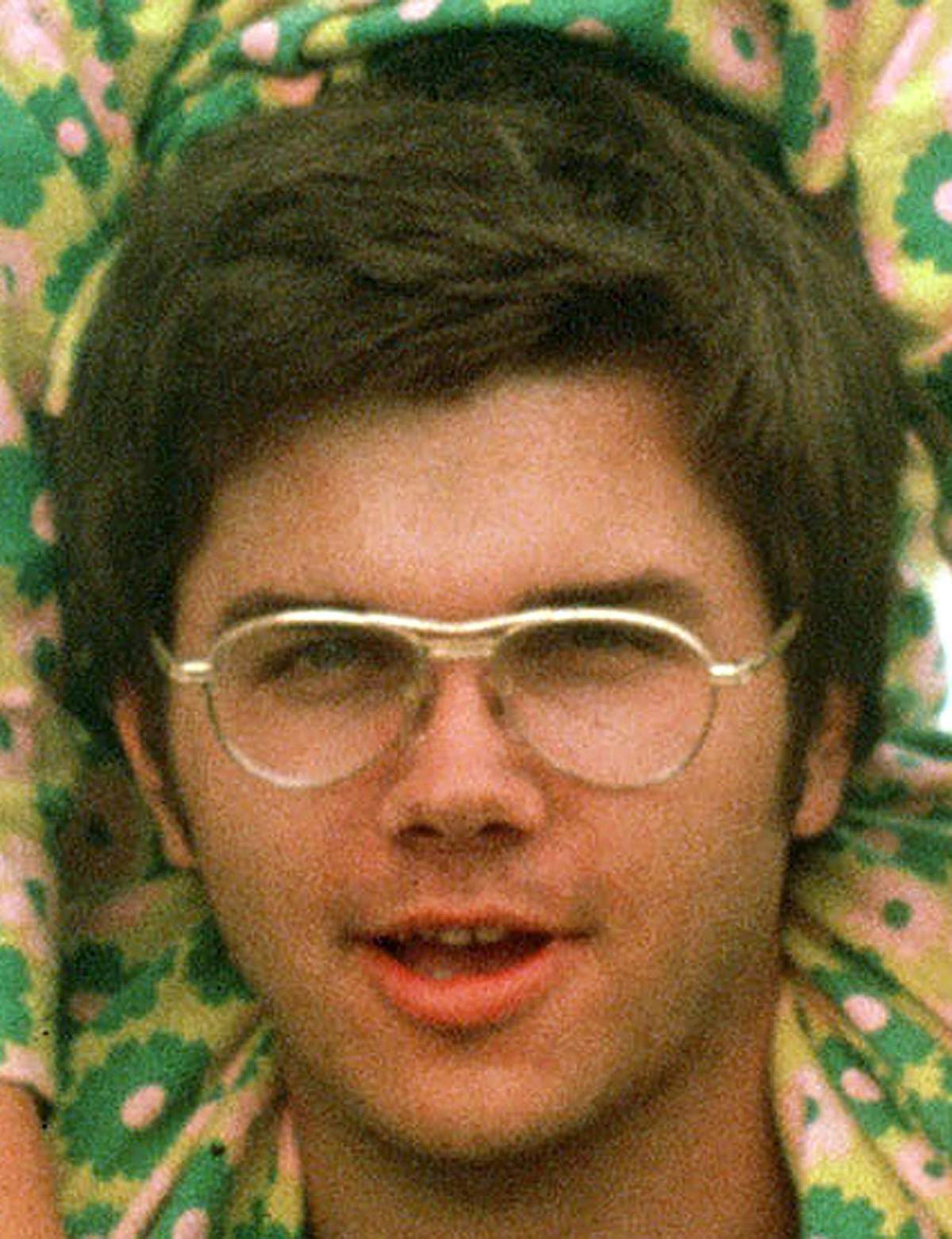
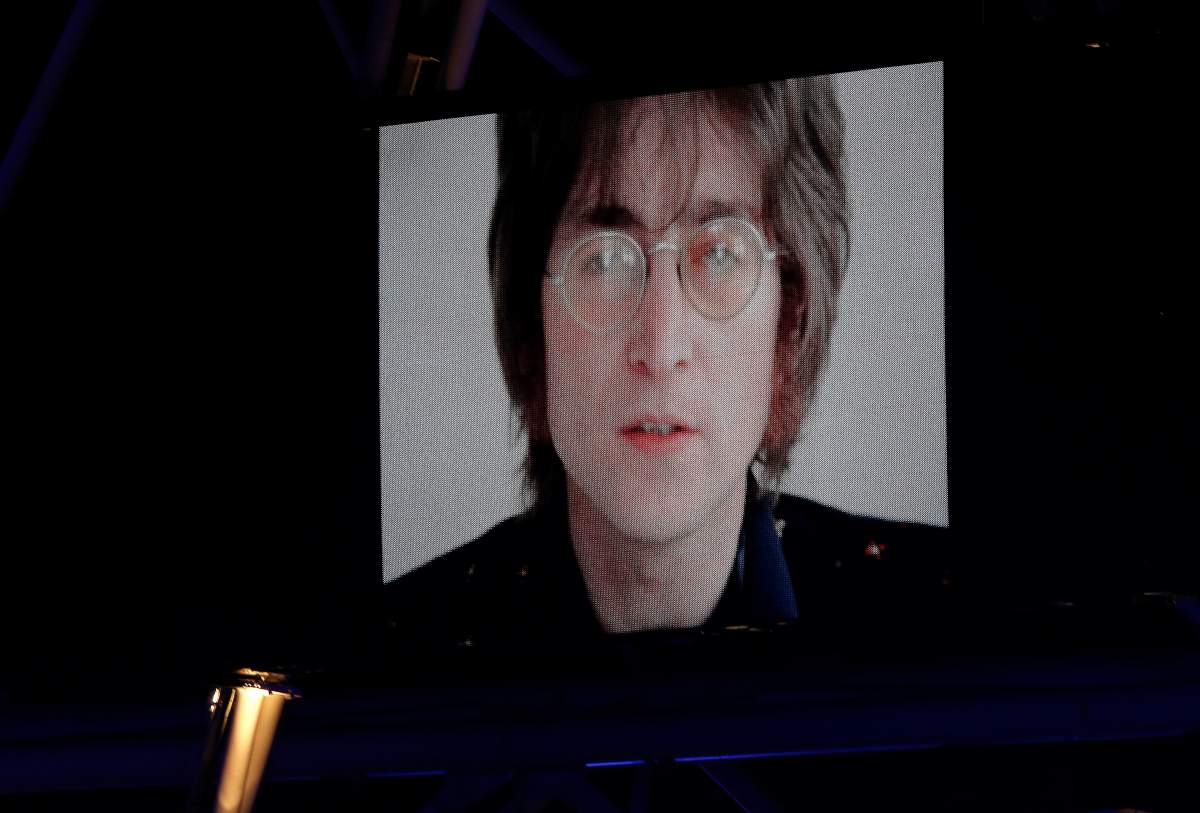
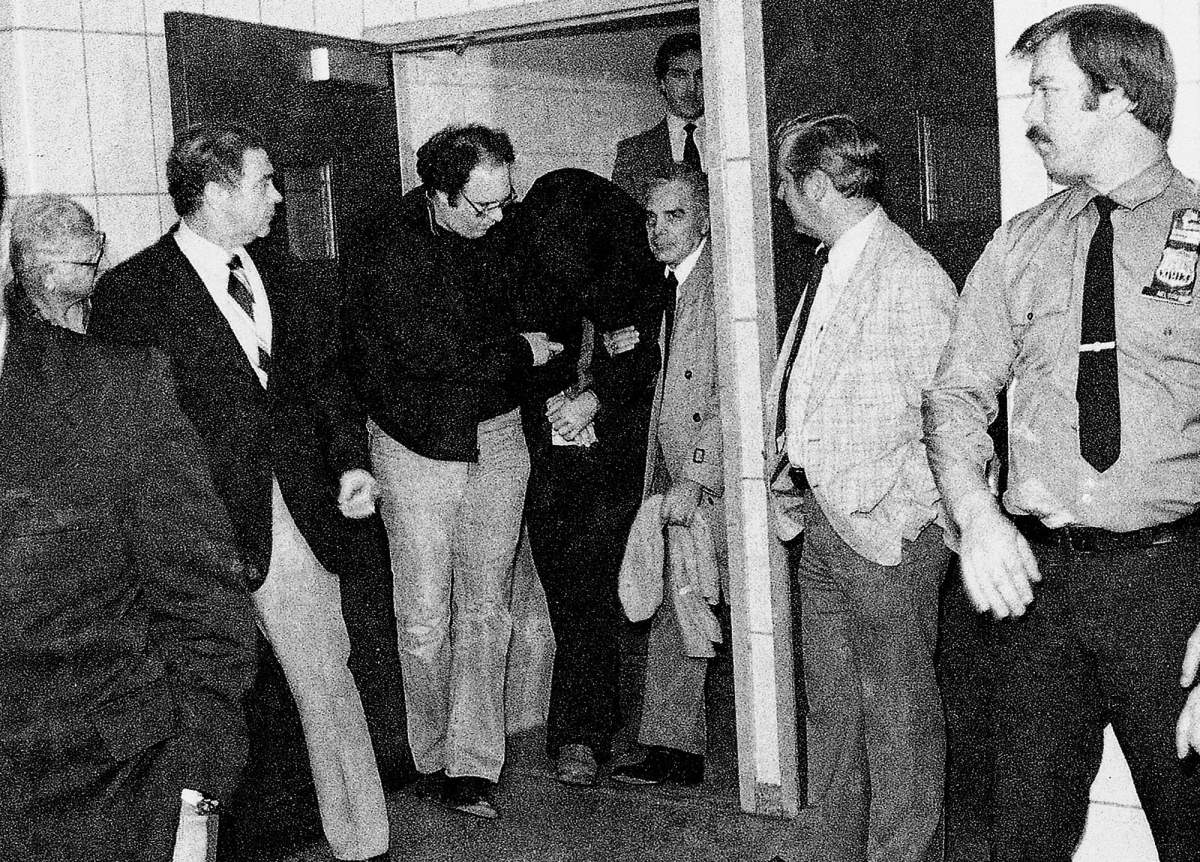




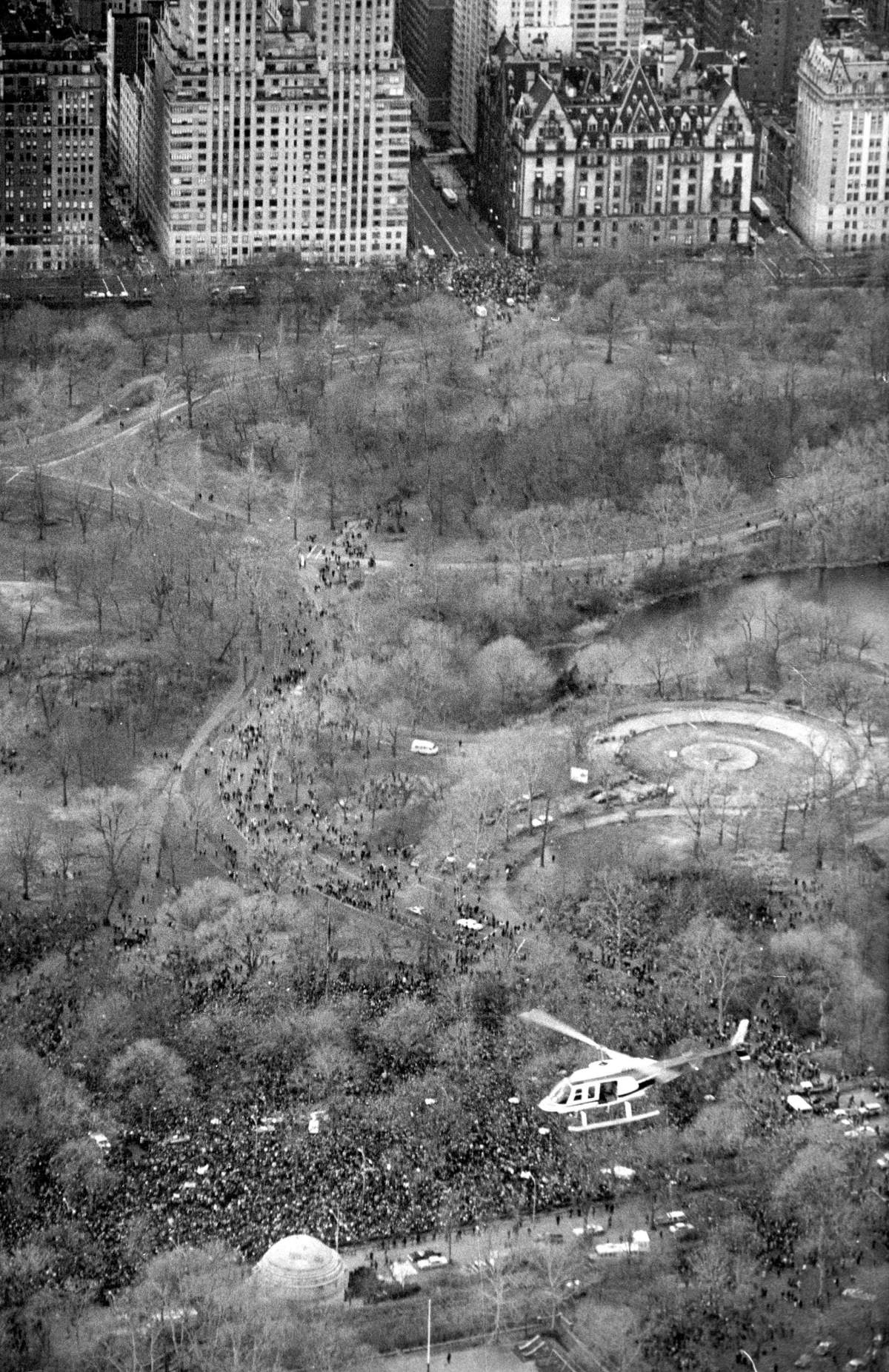
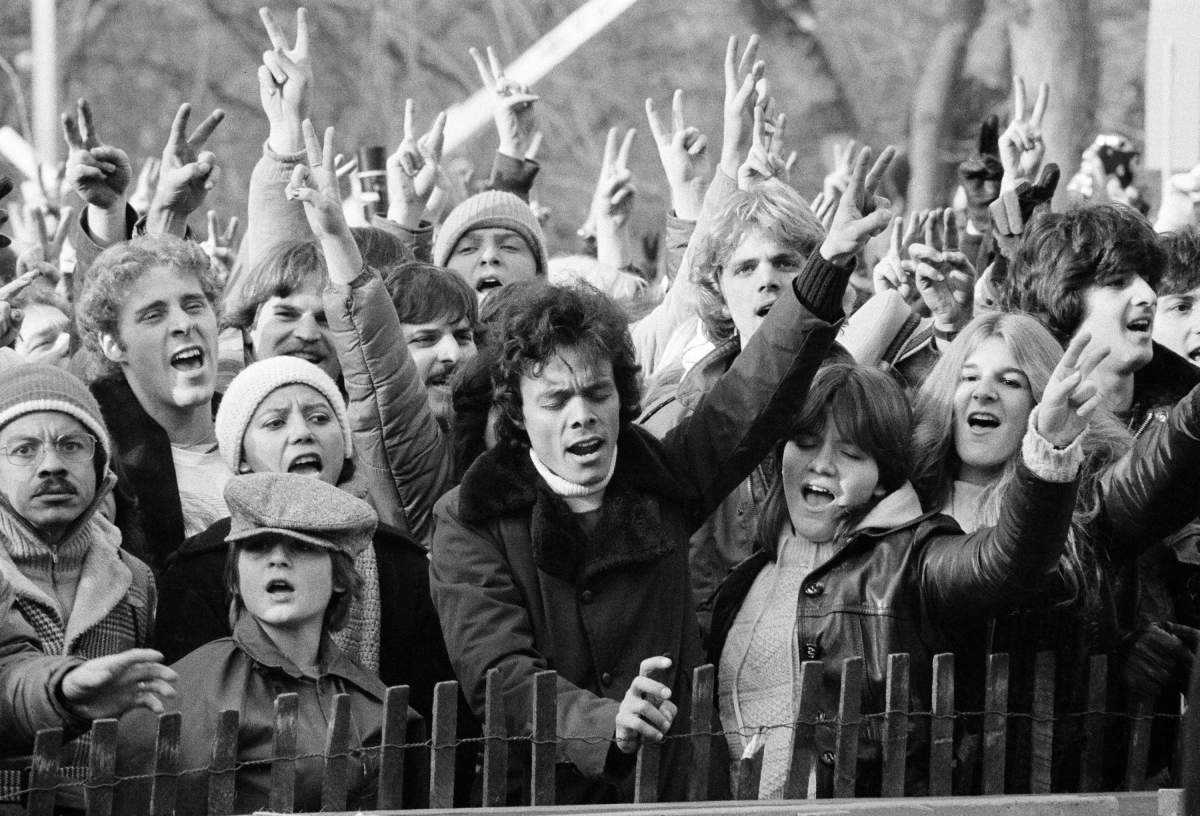
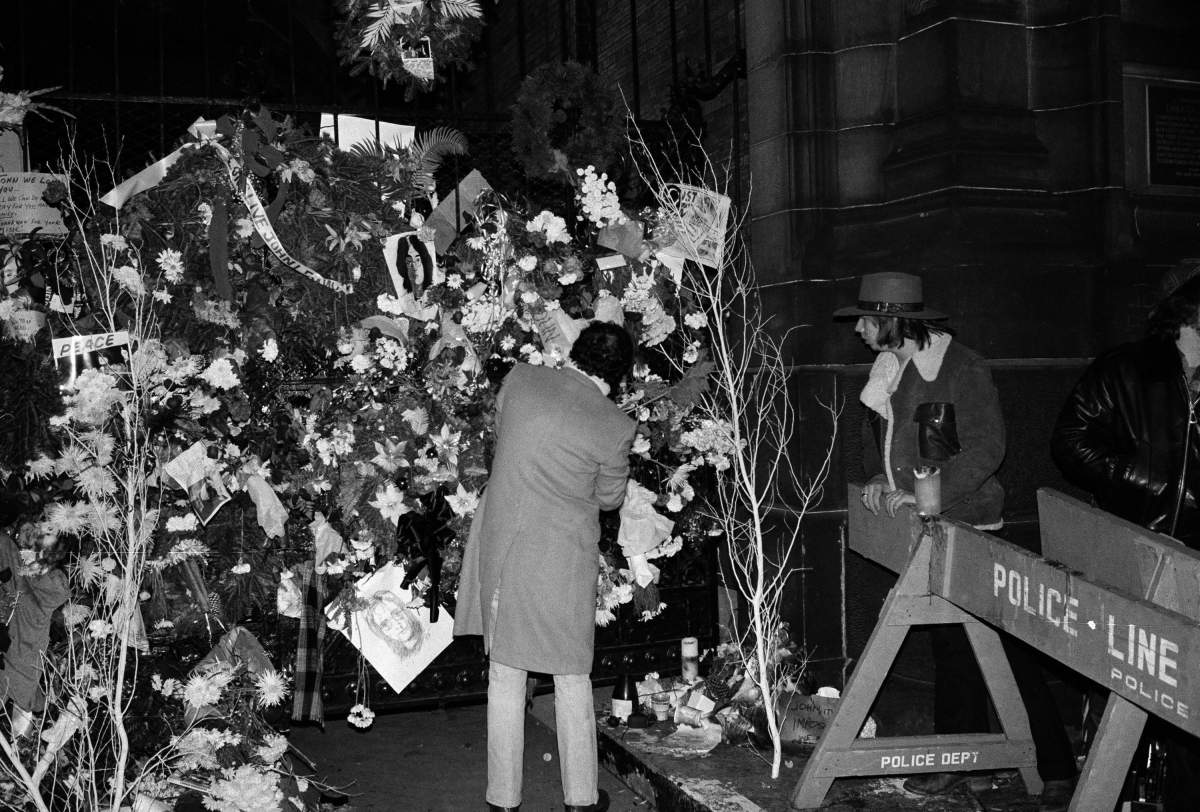

Comments